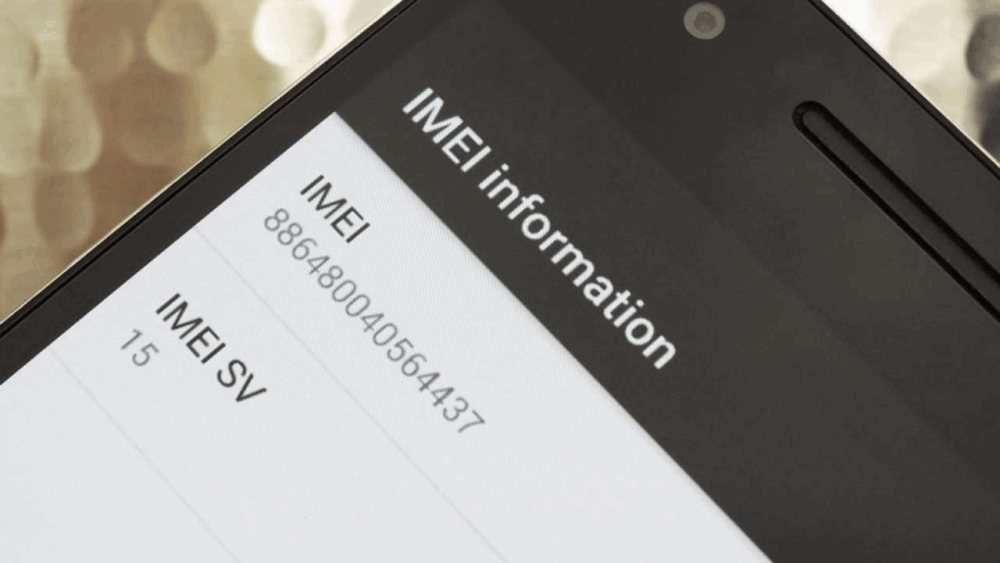Russian Mobile Operators Prepare to Identify Phones by IMEI
According to TASS, Russian mobile operators Beeline, MegaFon, and Tele2, together with Roskomnadzor, are preparing to introduce phone identification by IMEI. This initiative aims to limit the gray import of devices and prevent fraudsters from using stolen phones.
Pilot Project for IMEI Identification
Roskomnadzor has announced that preparations for IMEI identification include launching a pilot project to test various business processes. The Central Research Institute of Communications (TsNIIS), which manages the central IMEI database, will serve as the platform for this project.
The pilot project is divided into several parts, each testing specific system functionalities. In addition to the central IMEI database, the system will include special information systems from the mobile operators, according to the agency. All tests will be conducted at predetermined intervals, online, and under the supervision of responsible specialists.
“As part of the pilot project, there will be a check of the automated interaction between the operators’ information systems and the central database using several communication protocols,” TsNIIS added.
Operator Participation and Testing
The tests are planned to be conducted separately for each operator. Representatives from the three mentioned operators have already confirmed to TASS that they are working with TsNIIS to prepare for IMEI identification.
- Beeline is currently testing the interaction between its information system and the TsNIIS central database.
- Tele2 reported that it has tested the interaction between its EIR solution (the operator’s IMEI registry) and the central database for device list exchanges, with successful results. This technology automatically filters out IMEIs on blacklists (devices banned from the network) and registers those on whitelists.
- MegaFon stated that the system’s operational concept is still under discussion, and options for exchanging IMEI databases between operators are being tested.
Representatives from MTS declined to comment. All pilot project participants are not yet ready to share the results of their testing.
Legislative Process and Next Steps
Roskomnadzor emphasized that the pilot project must be fully completed before the law comes into effect. However, the relevant bill has not yet been submitted to the State Duma. According to TASS, Lyudmila Bokova, co-author of the bill and head of the Federation Council’s temporary commission on the development of the information society, explained that the document is still being finalized: “No one has forgotten about the bill. The financial and economic justification is currently being refined,” she said, stressing that the bill will not impose any financial burden on citizens.



